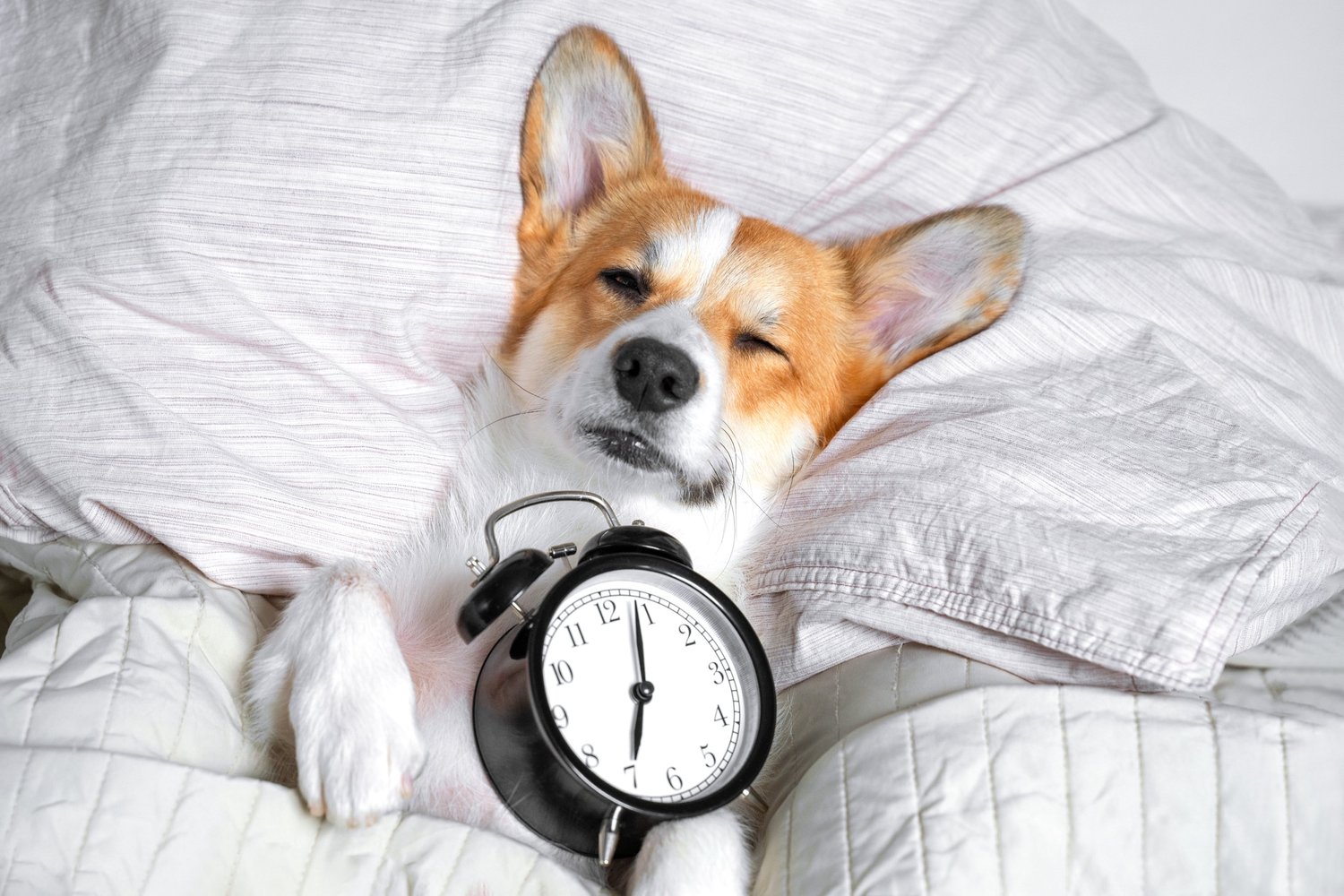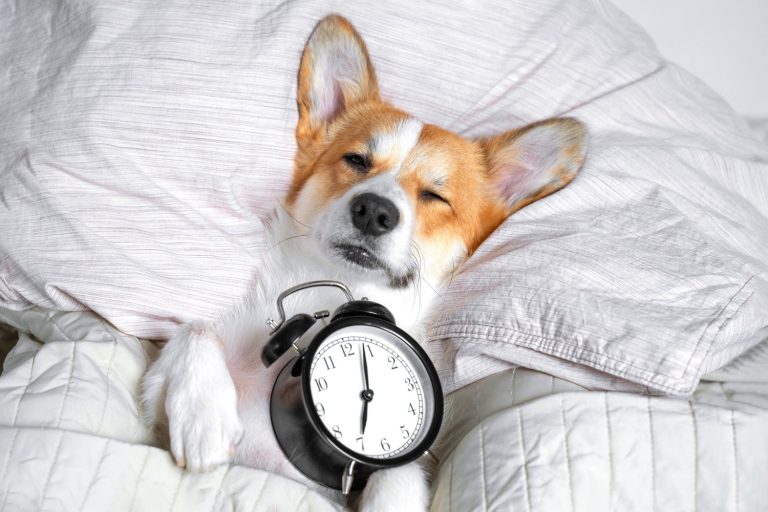
Have you ever noticed your dog waiting by the door right before you come home, or your cat pacing near the kitchen at dinner time — even if you didn’t set an alarm? It’s almost like they can tell time. But can pets actually understand the concept of time the way humans do?
Let’s dive into the fascinating world of animal behavior, memory, and sensory perception to uncover the mystery behind why pets seem to know when you’re late.
🧠 Do Pets Actually Know What “Time” Is?
While pets don’t understand clocks or calendars, research suggests that animals, especially domesticated ones, can sense the passage of time through patterns, routines, and environmental cues.
Animals are excellent observers of consistency. Your dog doesn’t know it’s 6 PM — they just know the light hits the wall a certain way, the temperature changes, the street sounds shift, or their stomach starts growling at the same point in their daily rhythm.
🐶 Why Your Dog Knows You’re Late
Dogs are incredibly routine-oriented. Over time, they associate specific events with your behaviors. Here’s how:
1. Scent Fading
One fascinating theory suggests that dogs use the strength of your scent as a clock. When you leave home, your scent starts to fade. Dogs may learn that after your scent reduces to a certain level, it means you’re due to return.
2. Environmental Patterns
They pick up on things we don’t even notice:
- Shadows moving on the floor
- Distant noises like school buses or daily deliveries
- The sound of your car engine or even your specific footsteps
3. Internal Body Rhythms
Dogs and cats also have internal circadian rhythms that help them keep track of daily patterns like feeding, sleeping, and walking.
🐾 What About Cats and Other Pets?
Cats also learn routines, though they may act more aloof about it. They may meow or circle their food bowl at the same time each day — even if you haven’t touched the food container. Birds, rabbits, and even reptiles have shown signs of time awareness, especially when it comes to feeding or daylight changes.
Pets of all kinds adapt to the structure of their environment and become highly sensitive to change.
🧬 Can Science Prove It?
Yes, to an extent. Several studies in animal cognition and neuroscience show that:
- Dogs can distinguish between short and long durations (e.g., 30 minutes vs. 2 hours)
- Animals can “count down” using anticipation behaviors
- Some species, like pigeons and rats, can be trained to respond at certain intervals
While animals may not conceptualize time like we do, they absolutely perceive its flow.
⏰ Why Routine Matters for Pets
Understanding that pets thrive on consistency helps us create healthier, happier environments for them. Regular schedules for feeding, walking, and play:
- Reduce anxiety
- Encourage better sleep
- Improve behavior
- Strengthen the pet-owner bond
When that routine is broken — like when you come home late — your pet may feel confused or stressed, not because they’re mad, but because their “sense of time” is telling them something is off.
💬 Final Thoughts: More Than Just Instinct
Your pet might not know it’s 5:30 PM or that you’re stuck in traffic — but they do know you’re not home yet, and that matters to them.
Their ability to anticipate your arrival isn’t magic — it’s a mix of environmental awareness, routine learning, and the deep connection they share with you.
So next time you find your dog at the door, wagging their tail before you even pull in, remember: they don’t just track time — they track you.



